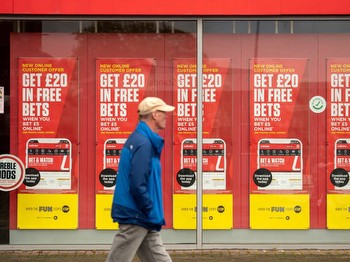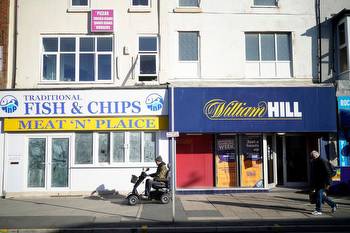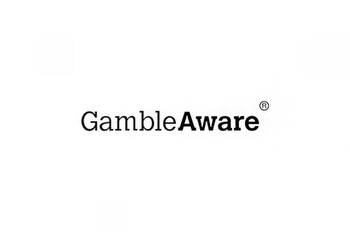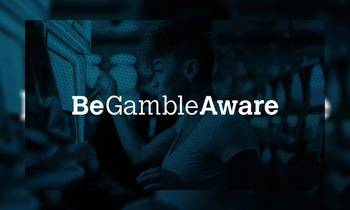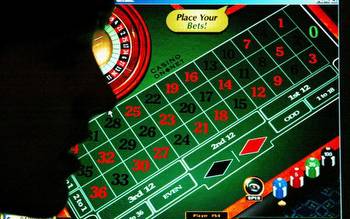GambleAware: online slots draw most gambling harm contacts
Publishing its annual statistics, GambleAware said 6,645 people contacted the National Gambling Treatment Service (NGTS) during the reporting period. The gambling harm data covers the 12 months from 1 April 2022 to 31 March 2023.
Of those that got in contact, 5,621 people (85%) accessed treatment from the NGTS. The other 15% received support to address the impact of someone else’s gambling.
Some 37.9% of those who accessed treatment were in relation to online slots, with internet sports betting second on 15.6%. Fixed-odds gaming machines in bookmaker shops followed with 12.8%, while sports betting and gaming machines in bookmakers each accounted for 10.1%.
Overall, some 67.2% of consumers being treated did so for some form of online gambling. Bookmaker-related cases amounted to 36.0%, casino 8.9% and adult entertainment centres 5.4%. Other sources of less concern included pubs, bingo halls, family entertainment centres and private members clubs.
Most players seeking treatment aged under 45
Of those who contacted GambleAware and the NGTS, 75% were under the age of 75. The highest number were reported in the 25-29 and 30-34 age bands, accounting for 38% of all clients.
Some 69% of clients identified as being male. Of all players, 90% were from a white ethnic background, with 6% Asian or Asian British, 3% black or black British and 2% mixed race.
Most clients were employed (72%) while people living with long-term disabilities/illness and not in work accounted for 12%. Unemployed made up 9% of contacts, retired 2%, looking after family or home and not working 2% and students 1%.
GambleAware hails success of treatment programmes
The charity also highlighted the success of treatment in the period, with 64% completing their courses. This, however, was slightly lower than the past five-year average of 67%.
Some 88% of those who completed treatment reported an improvement in their behaviour. For those who completed treatment, the proportion experiencing “problem gambling” fell from 86% at the start of treatment to 13% after.
GambleAware said 28% dropped out of treatment before a scheduled endpoint, compared to 30% the previous year. The remainder of clients were referred to other services or discharged following assessment without receiving treatment.
Half of clients were seen within five days of contact, with this rising to 75% for a nine-day period.
“Today’s data clearly demonstrates the value of the prevention-focused approach applied through our network,” GambleAware chief commissioning and strategy officer, Anna Hargrave, said.
“It is a timely reminder of the importance of investing in early treatment – especially as recently reported figures from the Gambling Commission suggest prevalence of harmful gambling may be much larger than previously estimated.”
GambleAware urges caution over statutory levy
GambleAware used the publication of statistics to issue a reminder for caution over plans for a statutory levy.
Announced in the government’s Gambling Act white paper recommendations, this would see a certain amount paid by operators to the Gambling Commission. This would be used to fund research, education and treatment (RET) for gambling harms.
A consultation will launch soon, but GambleAware is seeking reassurance that this will not leave third-sector services at risk of collapse.
“We welcome the government’s forthcoming statutory levy on gambling operators – it is a measure we have long called for to make sure that funding for vital research, treatment and prevention of gambling harms is both long-term and transparent,” GambleAware CEO Zoë Osmond said.
“However, the focus on specialist-led services means right now, hundreds of dedicated third sector support workers are deeply concerned about their future and the future of the communities they serve.
“There is an urgent need for reassurance from government that these essential services will be protected during and following the transition. We cannot lose the vast years of experience and expertise contained in the National Gambling Support Network and the wider third sector.”










